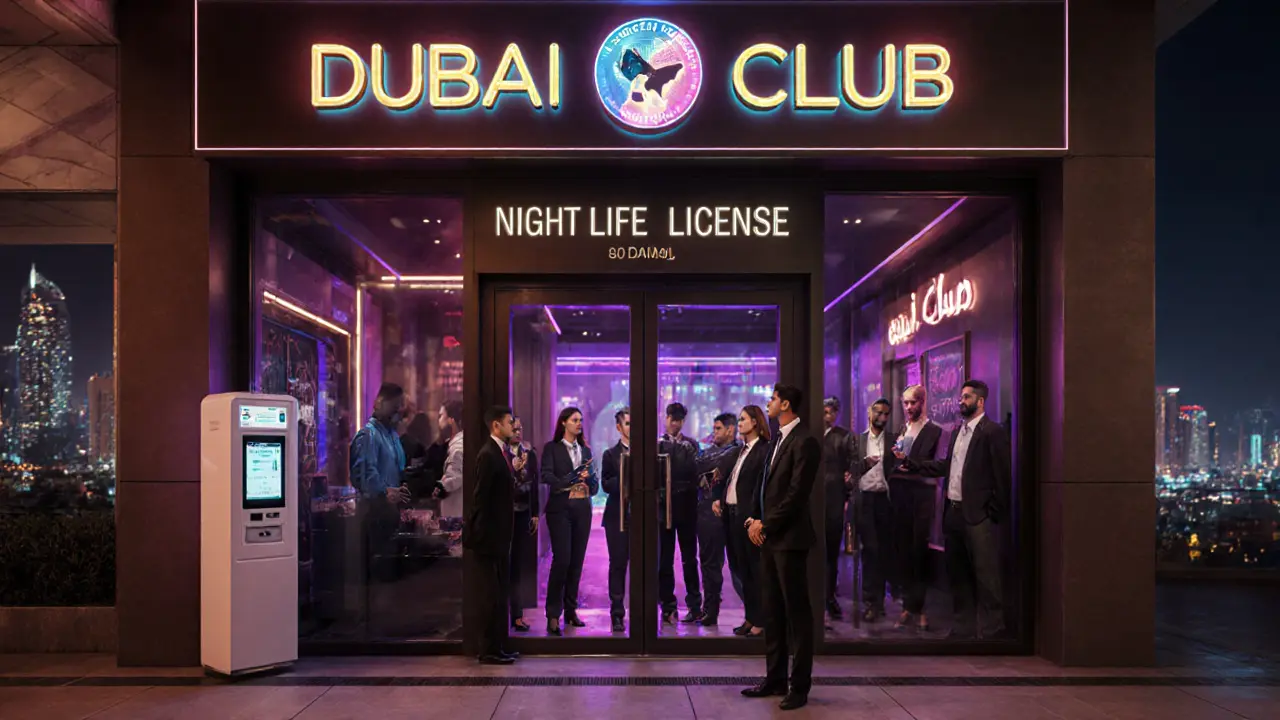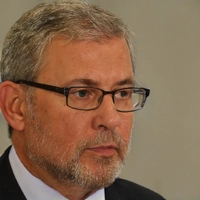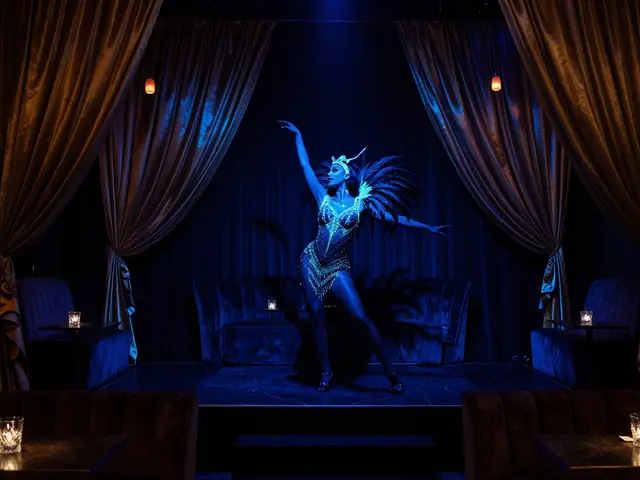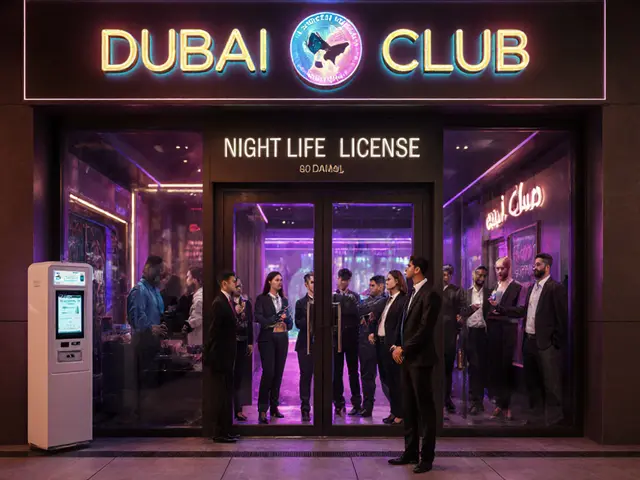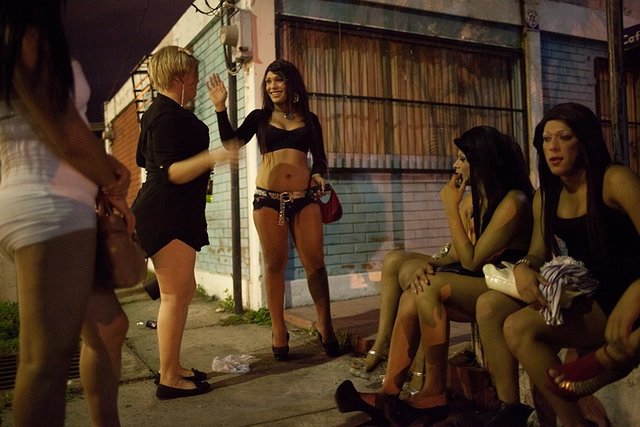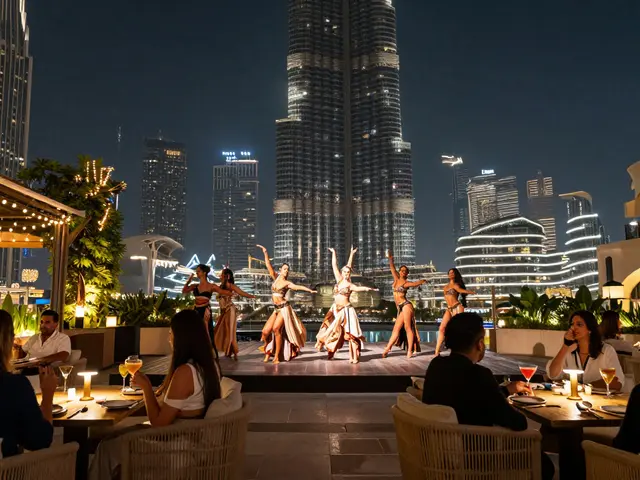When examining Dubai strip clubs licensed adult entertainment venues operating under Dubai’s nightlife regulations, many people focus only on the glitz, music, and late‑night crowds. A deeper look reveals that these venues sit at a crossroads of tourism, migrant labor, and law enforcement, making them surprisingly relevant to the United Arab Emirates’ fight against human trafficking. This article untangles that relationship, explains the legal framework, and shows how policy tweaks inside night‑life districts can either curb or unintentionally fuel illegal exploitation.
Why strip clubs matter in the anti‑trafficking equation
Human trafficking in the UAE often follows a pattern: recruiters target low‑wage migrant workers, promise high‑paying jobs in hospitality or entertainment, and then bind victims to debt or illegal contracts. Strip clubs draw a steady stream of foreign tourists and expatriates-groups that traffickers know are vulnerable to deceptive recruitment. By monitoring licensing, employment contracts, and patron behavior inside clubs, authorities gain a frontline view of a sector where illegal labor markets can hide.
The legal backdrop: UAE anti‑trafficking law and nightlife licensing
- Federal Law No. 5 of 2021 (UAE Anti‑Trafficking Law) criminalizes recruitment, transport, and exploitation of persons for forced labor or sexual exploitation, with penalties up to 15 years imprisonment.
- The General Directorate of Residency and Foreigners Affairs (GDRFA) oversees work permits and sponsorship transfers, a key choke point for illegal labor moves.
- Dubai’s Department of Tourism and Commerce Marketing (DTCM) issues nightlife licenses, requiring background checks on owners, managers, and primary performers.
- Since 2022, the Dubai Police has a dedicated Human Trafficking Unit that collaborates with club inspectors during surprise audits.
These overlapping jurisdictions mean that any change in club licensing automatically ripples through the anti‑trafficking apparatus.
Regulatory milestones (2020‑2025)
| Year | Key Change | Impact on Trafficking Controls |
|---|---|---|
| 2020 | Introduction of mandatory biometric employee registration | Creates a verifiable trail for each performer and staff member. |
| 2021 | Federal Anti‑Trafficking Law enacted | Defines clear penalties; forces clubs to keep detailed staff contracts. |
| 2022 | Dubai Police Human Trafficking Unit formed | Regular surprise inspections; data sharing with GDRFA. |
| 2023 | Licensing fee tied to compliance score | Encourages clubs to invest in anti‑exploitation training. |
| 2024 | Mandatory on‑site counseling hotline | Provides victims a discreet way to report abuse. |
| 2025 | Digital licensing portal with AI risk‑scoring | Predicts high‑risk venues before violations occur. |
Each step tightened the feedback loop between night‑life operators and law‑enforcement, turning clubs from potential blind spots into data‑rich checkpoints.
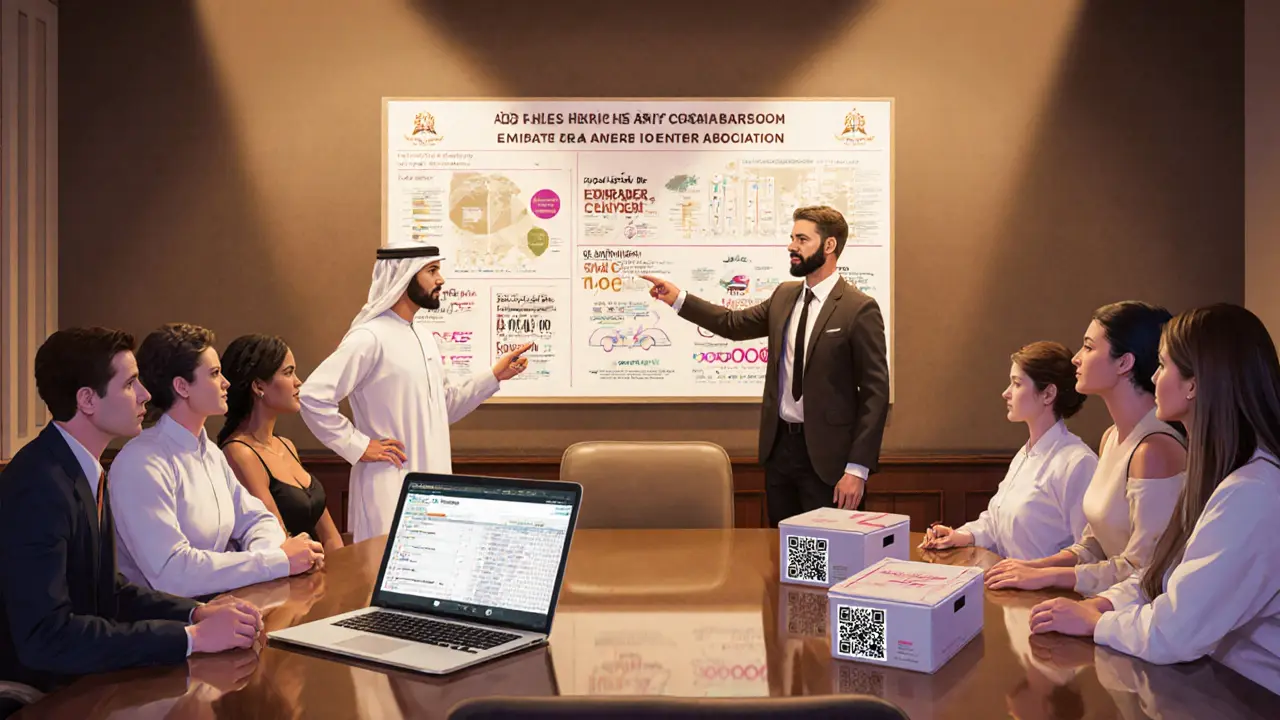
How clubs can become anti‑trafficking allies
- Transparent hiring practices: Require workers to present original passports, labor contracts, and sponsor approvals before employment.
- Regular staff training: Partner with NGOs like the Emirates Human Rights Association to run quarterly workshops on recognizing coercion signs.
- Anonymous reporting channels: Install QR‑coded tip boxes that link directly to the Dubai Police hotline, protecting the identity of complainants.
- Auditable payroll systems: Use government‑approved payroll software that logs overtime, tips, and deductions in real time.
- Collaboration with hotels: Share guest‑profile data (with consent) to identify patterns of repeat visitors who may be linked to recruitment rings.
Implementing these steps not only improves compliance scores (and thus lowers licensing fees) but also creates a safer environment for performers, many of whom are themselves migrants from South Asia, Eastern Europe, or Africa.
Real‑world case study: The "Palm Mirage" turnaround
In early 2023, the Palm Mirage club was cited for employing undocumented dancers. After a joint audit by the Dubai Police and GDRFA, the venue closed for three months, revamped its HR department, and installed a biometric attendance system. Within six months, the club reported a 70% reduction in staff turnover and was praised as a model for "ethical nightlife" during the 2024 DTCM conference.
What made the turnaround work?
- Clear ownership structure allowed rapid decision‑making.
- Investment in a licensed payroll platform ensured wages matched contract terms.
- Proactive engagement with the Human Trafficking Unit turned inspections into coaching sessions rather than punitive raids.
Other venues have followed suit, showing that regulatory pressure can translate into competitive advantage.
Potential pitfalls and unintended consequences
Despite progress, some policies risk pushing illegal labor further underground:
- Excessive licensing fees may drive smaller clubs to operate without permits, making them invisible to inspectors.
- Over‑reliance on biometric data can lead to privacy concerns, discouraging legitimate workers from applying.
- Heavy fines for non‑compliance sometimes result in owners falsifying records rather than correcting them.
Balancing deterrence with support is essential. The UAE government is piloting a “Compliance Assistance Fund” that offers low‑interest loans for clubs to upgrade security systems, aiming to remove the financial barrier to compliance.

Looking ahead: AI‑driven risk monitoring
The 2025 digital licensing portal uses machine‑learning algorithms to flag clubs showing irregular payroll spikes, sudden staff turnover, or unusually high tourist‑to‑local patron ratios. When a risk score exceeds 80, the system automatically schedules a joint inspection by Dubai Police and GDRFA.
Early trials in the Jumeirah district have already uncovered two covert recruitment networks, leading to the rescue of 12 workers and the prosecution of two middlemen.
These AI tools illustrate how technology can amplify the protective role of strip clubs, turning them from passive venues into active components of a national anti‑trafficking strategy.
Key takeaways for stakeholders
- Regulators: Keep licensing fees proportional and pair penalties with compliance incentives.
- Club owners: Invest in transparent HR processes; they pay off in lower risk scores and better public perception.
- Law‑enforcement: Continue collaborative audits rather than one‑off raids to build trust.
- NGOs and advocacy groups: Offer on‑site training and safe‑reporting tools that respect cultural sensitivities.
- Tourists and patrons: Stay aware of the signs of forced labor and use the discreet hotlines available in most venues.
Frequently Asked Questions
Are strip clubs in Dubai legally required to check workers' immigration status?
Yes. Since the 2020 biometric registration mandate, any venue that sells alcohol or adult entertainment must verify each employee’s passport, residency visa, and sponsor approval before issuing a work permit.
How can I report suspected trafficking in a club without being noticed?
Most clubs now display QR codes that link directly to the Dubai Police Human Trafficking Unit. Scanning the code opens a secure, anonymous chat where you can describe the situation and upload photos if needed.
Do the new AI risk scores affect the cost of my club’s license?
Yes. A lower risk score (under 50) can earn a 20% discount on the annual nightlife license, while scores above 80 trigger higher fees and mandatory remedial training.
What support is available for victims rescued from trafficking rings linked to night‑life venues?
The Emirates Human Rights Association offers shelter, legal aid, and vocational training. Victims also receive a temporary residency permit that allows them to work for a new sponsor once they are medically cleared.
Will stricter regulations make it harder for tourists to enjoy Dubai’s nightlife?
Not at all. The changes target the behind‑the‑scenes employment practices, not the patron experience. In fact, many visitors appreciate the added sense of safety and transparency.
Strip clubs in Dubai are more than entertainment hubs; they sit at the intersection of tourism, migrant labor, and law enforcement. By tightening licensing, deploying AI risk tools, and encouraging a culture of reporting, the city is turning these venues into allies in the fight against human trafficking. The next time you hear the bass thump in a Dubai nightclub, remember that the beat could also be counting down the minutes until the next breakthrough in protecting vulnerable workers.
